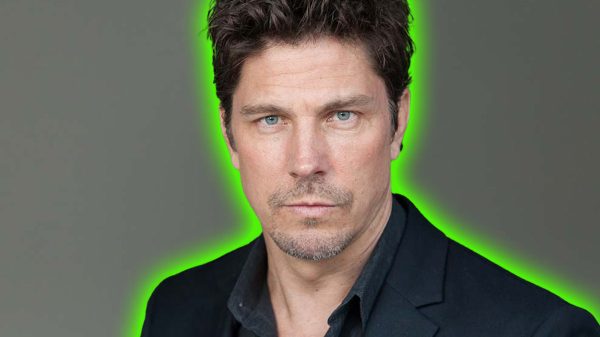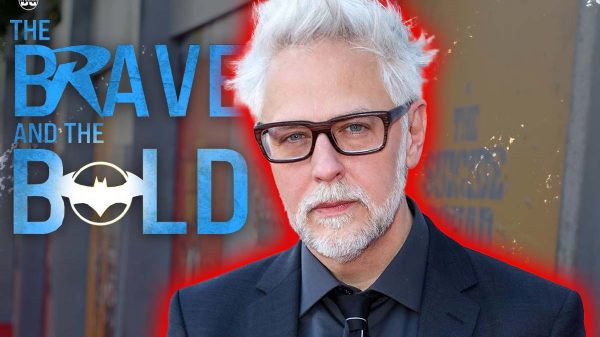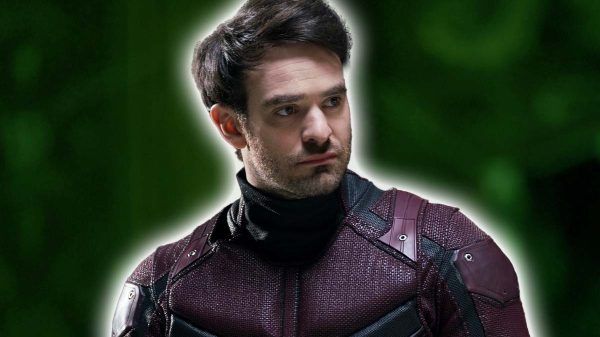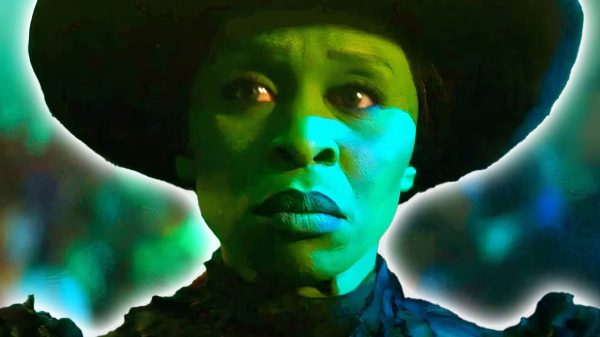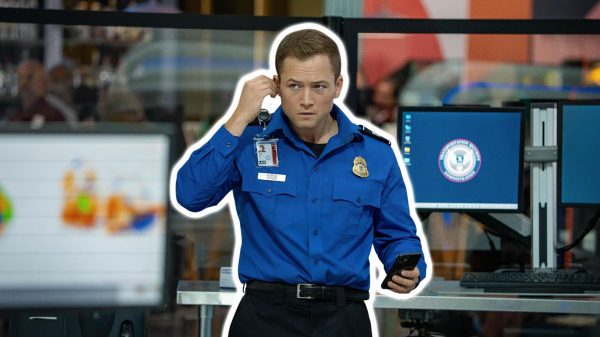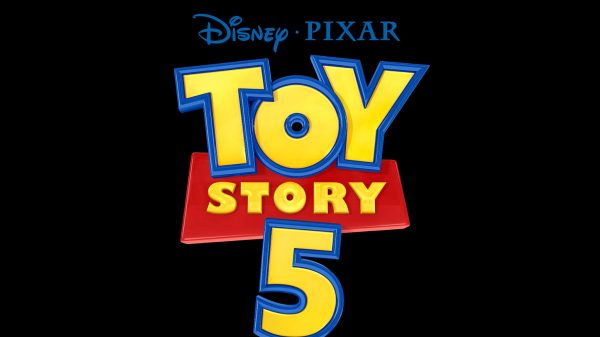Disney CEO Bob Iger admits that the company’s aggressive approach to Disney+ led to a $4 billion loss.
Iger explained that they spent too much money on creating a lot of content quickly rather than focusing on making high-quality shows and movies. It seems this strategy of ‘telling too many stories’ backfired:
“As we got into the streaming business in a very, very aggressive way, we tried to tell too many stories. Basically, we invested too much, way ahead of possible returns. It’s what led to streaming ending up as a $4 billion loss.”
Iger also pointed out that a big part of the problem started during former CEO Bob Chapek’s time. Chapek made changes that separated the financial side of content creation from its distribution, and this created a disconnect. Iger says he returned as CEO in 2022 and reversed these changes to bring creative and financial decisions back together:
“There’s a very fine line that you can cross and get in trouble if your volume ends up diluting management’s attention to what is being made is right. And that’s what happened to us. So I have pulled that back.”
He Has a Plan to Fix Things Up

Iger also revealed his plan to fix the issues. He says there is a need to balance the amount of content produced with its quality. He praised Netflix for consistently delivering engaging content and said Disney+ should aim to achieve the same level of excellence:
“I’ve been telling everybody good isn’t good enough. It has to be great. Just keep driving that, but if you force them to make too much, then that becomes almost impossible to do.”
Iger introduced a strategy of bundling Disney+ with other services like Hulu and ESPN+ to attract more users. This allows viewers to get more content for a competitive price:
“I won’t get into too many details there, but if you are a Disney+ subscriber, for an extra $2 you can get Hulu ad-supported … The combination of those two is an engagement play more than anything else.”
Iger also re-evaluated Disney’s traditional TV channels, such as ABC and ESPN. These channels aren’t seen as future growth areas, but Iger now believes they still play an important role in keeping viewers engaged.



